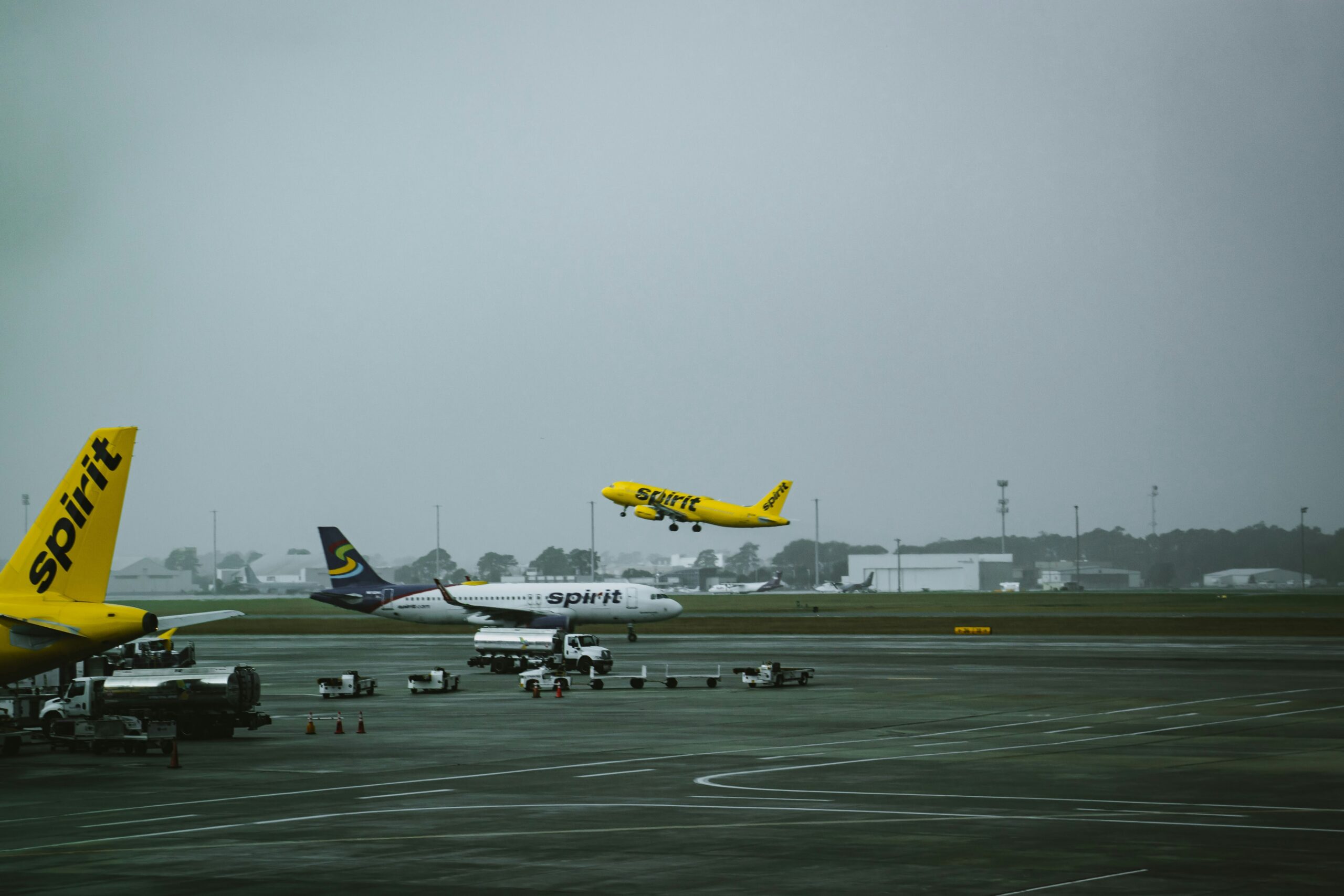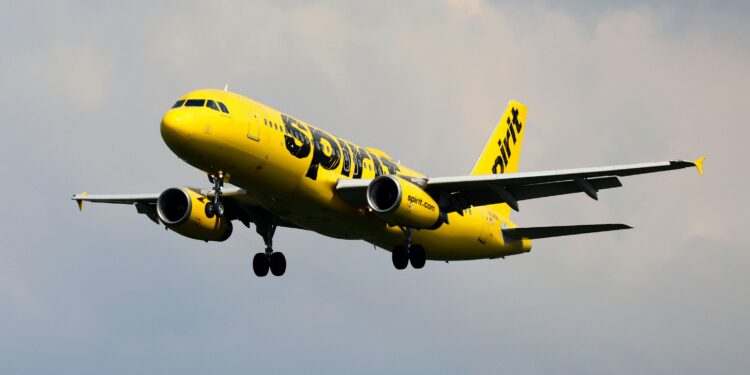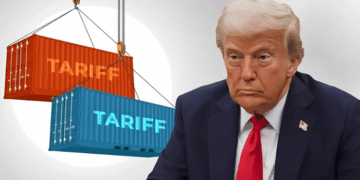US low-cost carrier Spirit Airlines had on Monday, filed for bankruptcy protection after suffering extended financial losses and a series of failed merger attempts.
The Florida-based airline further revealed it had arranged an agreement to restructure its debt and raise money during a bankruptcy process that is expected to last till early 2025.
Pending that time, Spirit’s operations will continue as normal and passengers will remain unaffected, it said.
Spirit, has, according to reports, not recorded a full-year profit since the the Covid-19 pandemic began compelling it to become the first US airline to file for bankruptcy in over a decade. American Airlines declared bankruptcy in 2011 to cut labour costs during a period of expensive fuel prices.

Spirit Airlines released a statement saying the bankruptcy process – known as Chapter 11 – will not affect employee pay or payments to aircraft leasing companies.
“The company will be de-listed from the New York Stock Exchange in the “near term” and stock shares will be cancelled, with no value, as part of its restructuring,” Spirit added.
Despite strong demand, the no-frills airline shared losses of roughly $360m (£285m) in the first half of this year.
This may be due in part to the competition in the budget travel market which has been rising forcing Spirit to ground aircraft as a result of mechanical issues with some engines, all which drove up operating costs.
Earlier this year, Spirit’s much anticipated $3.8bn ($3bn) merger with another US carrier, JetBlue, fell through because a Massachusetts judge blocked the deal, arguing that a merger would reduce competition in the market.
A previous attempt to merge with Frontier Airlines in 2022, fell apart after Spirit was outbid by JetBlue.
Spirit Airlines had originally emerged as a long-haul trucking company in 1964 but it pivoted to aviation in the early 1980s, with the firm rebranding as Spirit in 1992.
The airline is considered a pioneer in budget flying, swearing off many amenities that are standard on other airlines in order to keep ticket prices low.

















